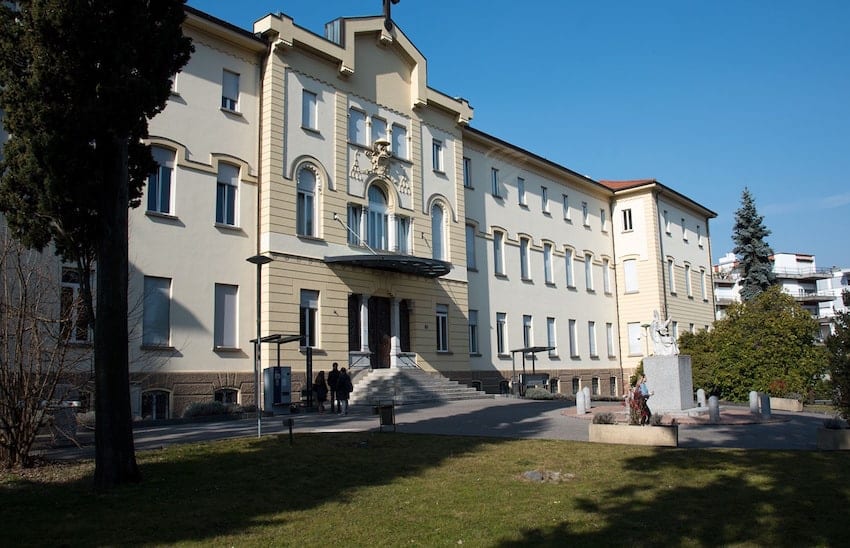by A. Altieri D’Angelo
The situation at the U.S.-Mexican border (the Border) has become the most significant issue in the 2024 election. A recent poll found that 28% of Americans believe there is an urgent need to solve immigration issues. (However, it is essential to note that Republican voters are far more worried about the border crisis than Democrats or Independents. Unfortunately, the trend is not favorable to Biden).
Former President Trump continues to make outrageous, racist claims with the clear intent of making people fearful of immigrants. He states that most immigrants have mental illnesses and are drug dealers, addicts, and criminals. There is no evidence to support such statements. He recently stated that Biden is bringing in immigrants so that they can vote for him in the November election. It is ludicrous to say, but people seem to believe him. There is no end to his using the race card.
The President has (finally) begun to address the issue head-on by pointing out that he does not have the legislative authority to do what Republicans are insisting on to shut down the Border and stop releasing asylum seekers into the U.S. He points out that no U.S. President has the authority to shut down the Border without explicit congressional action.
He has explained that due to a lack of funding (which is under the control of the Republican House of Representatives), his administration lacks the resources to keep undocumented migrants in detention centers; the government has insufficient border staff, administrative judges, and facilities to manage the process. He has repeatedly criticized Trump for killing the immigration reform bill. But Biden fails to talk up the benefits of having an adequately organized immigration system for fear of angering moderates and conservatives. (This is a mistake).
Immigration provides a considerable benefit to the U.S. and its economy. The U.S. has one of the best economies in the world. Inflation in January 2024 was 2.90% and 2.90% year over year. The economy has added 2.9 million new jobs. Much of the credit goes to the foreign-born workers in the U.S.; 50% of the labor force growth (between January 2023 and January 2024) came from this group of workers.
The population of native-born workers declined slightly in that same period. Foreigner cost of employing foreign-born workers helps to drive costs down and inflation. (The Congressional Budget Office projects that the labor force will grow by 5.2 million people by 2033. Much of that growth will come from the foreign-born.)
Also, studies have shown that increasing the U.S. foreign worker population does not mean native workers lose their jobs. It is not a zero-sum game where the foreign-born take jobs from the native workers. Most foreign-born are low-skilled and take jobs that Americans do not want.
A recent U.S. report on job openings indicates over 9 million openings as of December 31, 2023; there are approximately 6.78M unemployed in the U.S. as of that date. Given the gap between job openings and the unemployed, no one should fear that foreigners, whether legally resident in the U.S. or not, will cause undue competition.
The country’s politicians and citizens refuse to recognize that the U.S. economy needs foreign-born workers. Denial will lead to restricting immigration, which will exacerbate the expected decline in the U.S. labor pool. The native worker labor force will decline due to an aging population and lower birth rates. Inflationary pressure will increase; a smaller workforce will produce lower federal and state tax revenues and affect Social Security funding. The economy overall will suffer.
It is in the self-interest of U.S. citizens and residents to demand that the current chaotic immigration system be revised so that people can come into the U.S. humanely and efficiently. To protect and expand the U.S. economy and keep the cost of goods as low as possible, the political establishment must create pathways for immigrants to enter the U.S. for work and grant asylum where appropriate. The system must also provide funding to teach foreign-born English and the laws of the U.S. If such a system is successfully implemented, the U.S. economy will grow, and all will benefit.
However, to achieve such a goal, people must accept that the U.S. will continue to become more diverse. Increased diversity may appear destabilizing to people who do not want more foreigners coming to the U.S. They need to understand that a lower cost of living comes with diversity. (Unfortunately, there will be a group of Americans that will not accept any increase in the foreign-born population).
It is also necessary to point out that the U.S. culture has always benefitted from being exposed to new cultures (through music, cuisine, and family traditions). Studies also show immigrants are very entrepreneurial.
We should know this already, given that we are a country of immigrants!



















